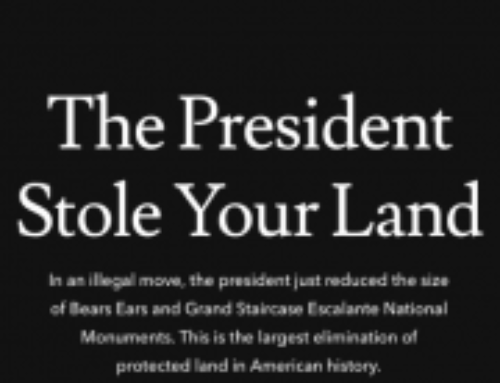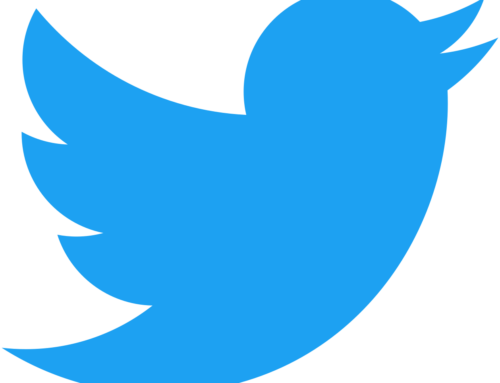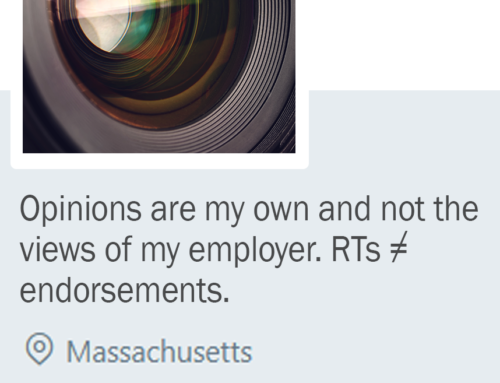When choosing a topic of discussion for this week, it’s hard to stray away from the narrative that has dominated our news reels all week: Charlottesville. In a matter of days, we saw white nationalists storm the University of Virginia, counter protestors meeting them in defiance, terrorism, fear, anger—all at what ‘started’ with the removal of a Confederate statue. And in the aftermath, our president flip flopped his status on condemning this group, influenced by the taunts of a few Twitter accounts.
Trump’s administration, when you *try* to look at it objectively, is a great study in how our industry has changed. Leaving out the specific messaging, public relations specialists can look to Trump’s administration to try and understand America’s responses.
We’ve written about it before, how the Trump administration is changing the face of public relations, and hurting our industry. But when it comes to the mobilizing of America’s ‘alt-right,’ we can only look to social media.
In a news special from Vice, this half hour documentary is both terrifying and eye-opening—the reporter follows some of the organizers of the protest in Charlottesville, and by asking minimal questions, shows us what this group is all about. In one moment, this protest is described as the online Alt-Right physically coming together to make their points. This is where social media has brought us.
As PR specialists, we’ve learned how easily it is for social media to influence its users. Gone are the days where Facebook was meant to share photos and catch up on our celebrity gossip. Now, social media is a multi-tier platform where users are expected to share thoughts on politics, policy, tragedy and hope. And with so many voices online at once, it’s important to utilize your organizations account to get their message across quickly—and use the platform for good.
For many of my clients, I try to stay on high alert for crisis communications—if, for example, Trump takes a stab at the LGBTQ community, I’m ready to draft a statement in response for my pro-LGBTQ clients. It’s important when working with organizations to always stick to the pre-determined talking points, and use the short amount of time we have to cater our response to the situation. Social media, specifically, is a fast and easy way to respond and provide hope for those who follow your organization’s account.
Of course, we’re also seeing a need for crisis communications on a daily basis, picking and choosing how and when to best respond. We’re facing a changing industry that will certainly outlive the next four years.





